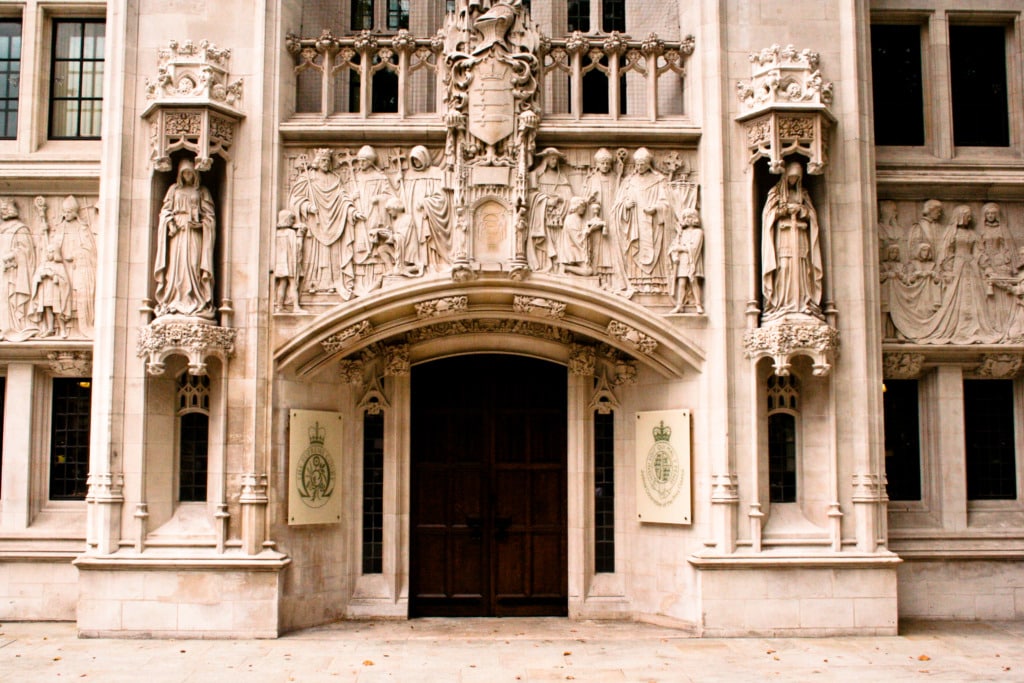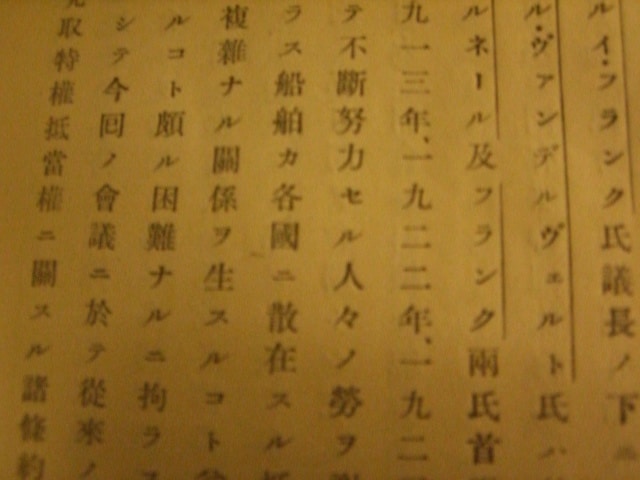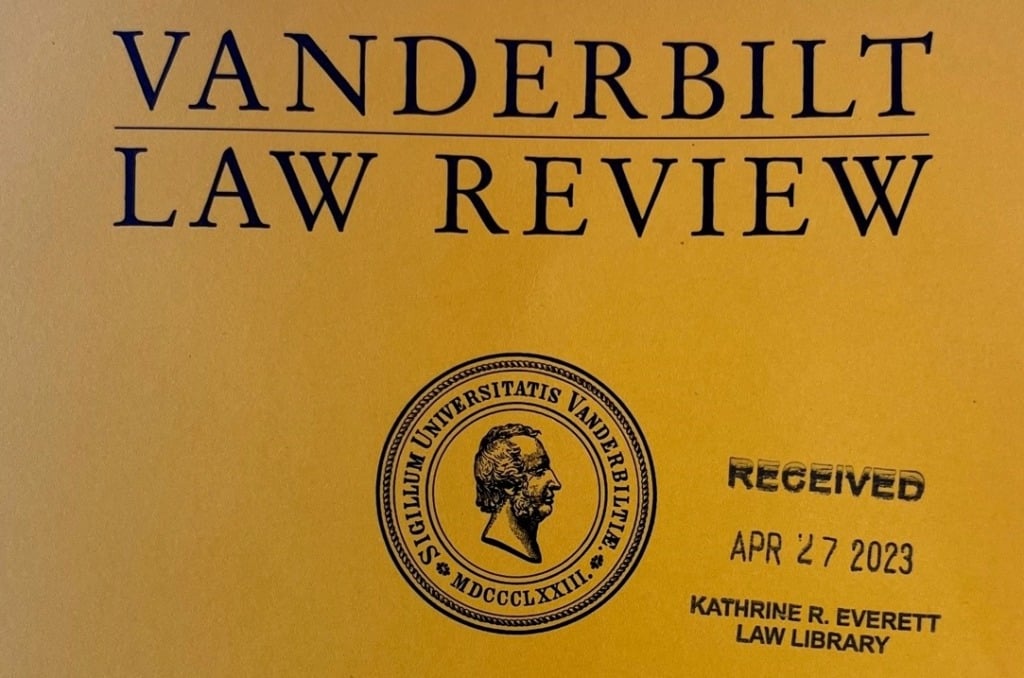The Use and Abuse of Section 1782 Litigation in England
This post considers the use and misuse in England of the U.S. district court’s power under 28 U.S.C. § 1782 to order a person to give evidence or produce documents for use in a proceeding in a foreign tribunal. It is based upon a paper written for a conference honouring Professor Linda Silberman, a close…
Continue ReadingThe Homeward Trend in Chinese Choice-of-Law Cases
One of the characteristics of transnational litigation is that there is generally more than one forum in which the suit may be brought. Although TLB focuses primarily on transnational litigation in U.S. courts, it can sometimes be useful to look at what is going on in other systems where litigation might instead be filed. A…
Continue ReadingRecognition of Foreign Bankruptcy Proceedings Under Chapter 15
Transnational insolvency proceedings primarily involve cases where debtors have assets or creditors in multiple jurisdictions. To avoid conflicts between different bankruptcy regimes, many countries allow recognition of foreign bankruptcies in their territories and provide aid to foreign bankruptcy trustees. Recognition of foreign insolvency proceedings in the United States is governed by Chapter 15 of the U.S….
Continue ReadingSupreme Court Finds Tech Companies Not Liable for Terrorism
Last week, the Supreme Court decided two cases in which plaintiffs alleged that social media companies aided and abetted international terrorism. In the first case, Twitter, Inc. v. Taamneh, the Justices unanimous interpreted the Antiterrorism Act’s (ATA) provision on aiding and abetting to require conscious and culpable participation. Plaintiffs’ allegations that ISIS used defendants’ social…
Continue ReadingSupreme Court Decides Twitter and Google Cases
The Supreme Court issued opinions this morning in Twitter, Inc. v. Taamneh and Golzalez v. Google LLC. It held that the plaintiffs’ allegations that these social media companies had aided and abetted ISIS in terrorist attacks abroad failed to state a claim under the Justice Against Sponsors of Terrorism Act. More coverage soon on TLB.
Continue ReadingChoice-of-Law Statutes?
American choice of law relies primarily on common law methods that differ from state to state. Determining the relevant law when a dispute has a connection to more than one state can be difficult. When the dispute is transnational, the difficulties increase, particularly if the forum state’s choice-of-law rules incorporate a home-state bias. Oregon’s response…
Continue ReadingData on the Enforcement of Forum Selection Clauses
The United States legal system is immensely complex. There are state courts and federal courts, state statutes and federal statutes, state common law and federal common law. When I imagine a foreign lawyer trying to explain this system to a foreign client, my heart fills with pity. This feeling of pity is compounded when I…
Continue ReadingWaiting for Mallory
The Supreme Court’s recent dormant Commerce Clause decision may shed light on how the Justices are thinking about Mallory v. Norfolk Southern.
Continue ReadingExtraterritorial Application of Federal Securities Law After Morrison
In Morrison v. National Australia Bank (2010), the U.S. Supreme Court applied the presumption against extraterritoriality to the principal antifraud provision of the Securities Exchange Act, section 10(b). It held that section 10(b) applies “only [to] transactions in securities listed on domestic exchanges, and domestic transactions in other securities.” As I have explained elsewhere, Morrison…
Continue ReadingNew Scholarship on the Hague Service Convention
Thomas G. Vanderbeek recently published a note in the Vanderbilt Law Review that considers whether and to what extent parties should be permitted to “contract around” the Hague Service Convention (HSC). The conventional wisdom holds that the best way to avoid the HSC is to appoint a local agent to receive service of process. Once…
Continue Reading






